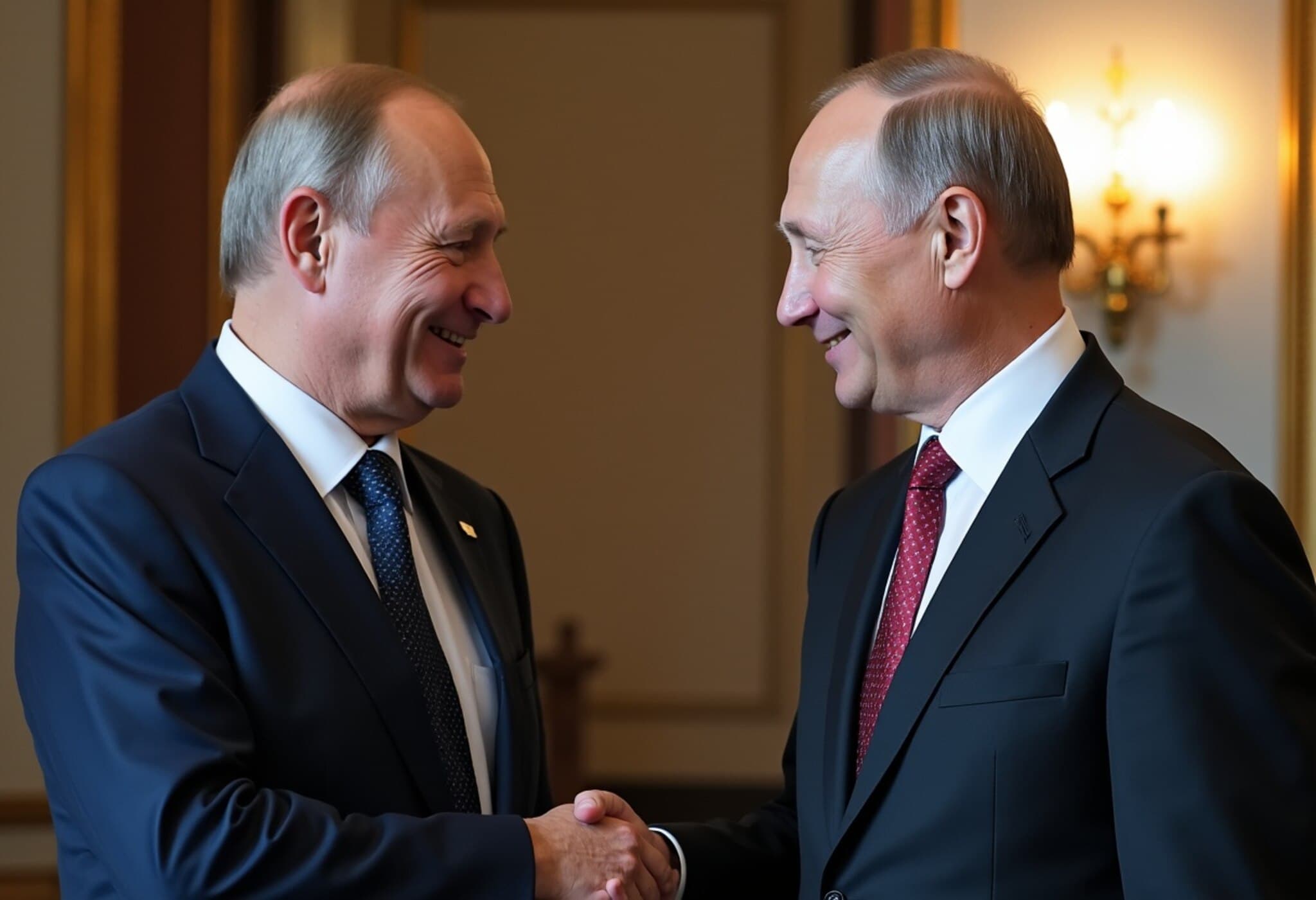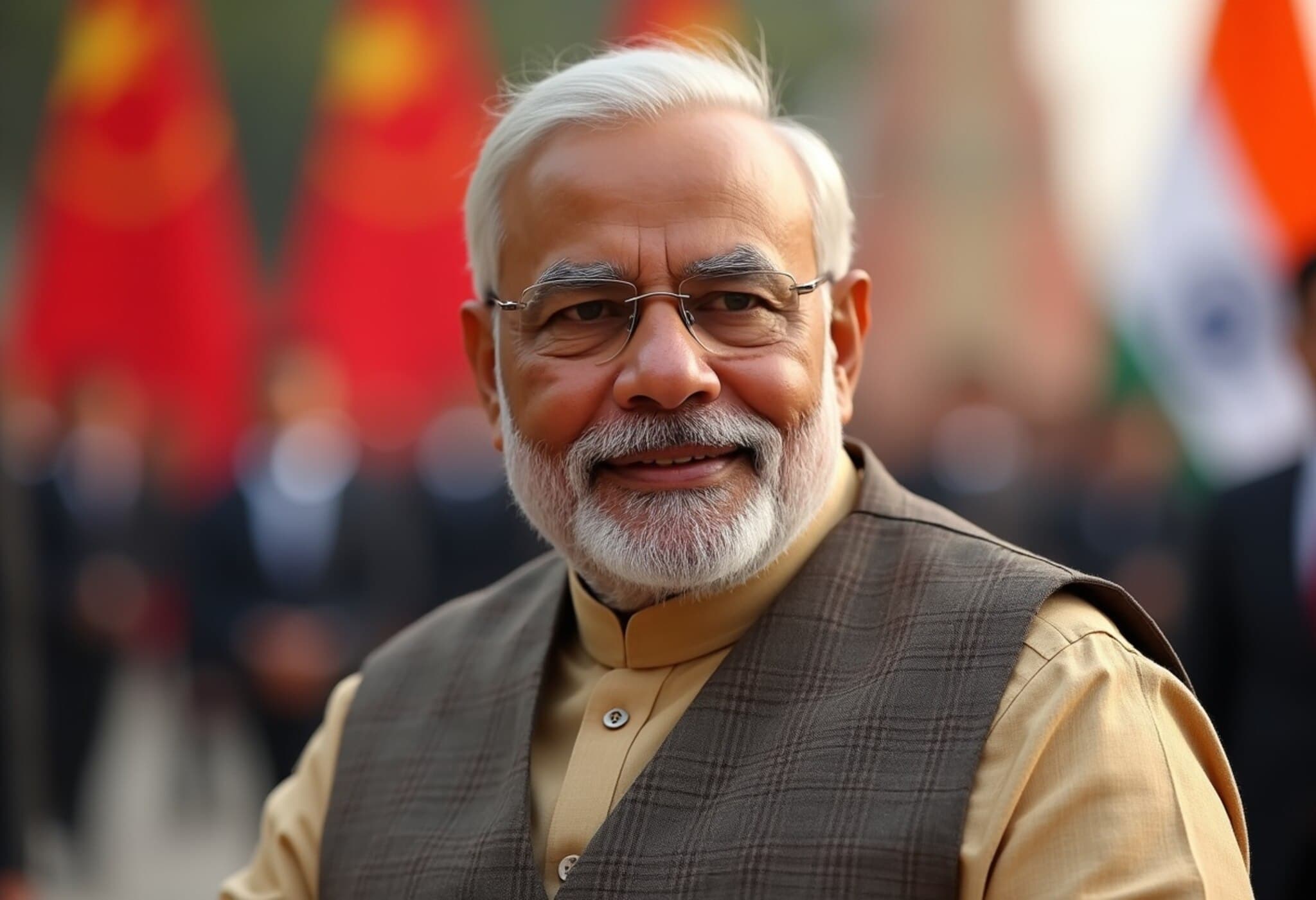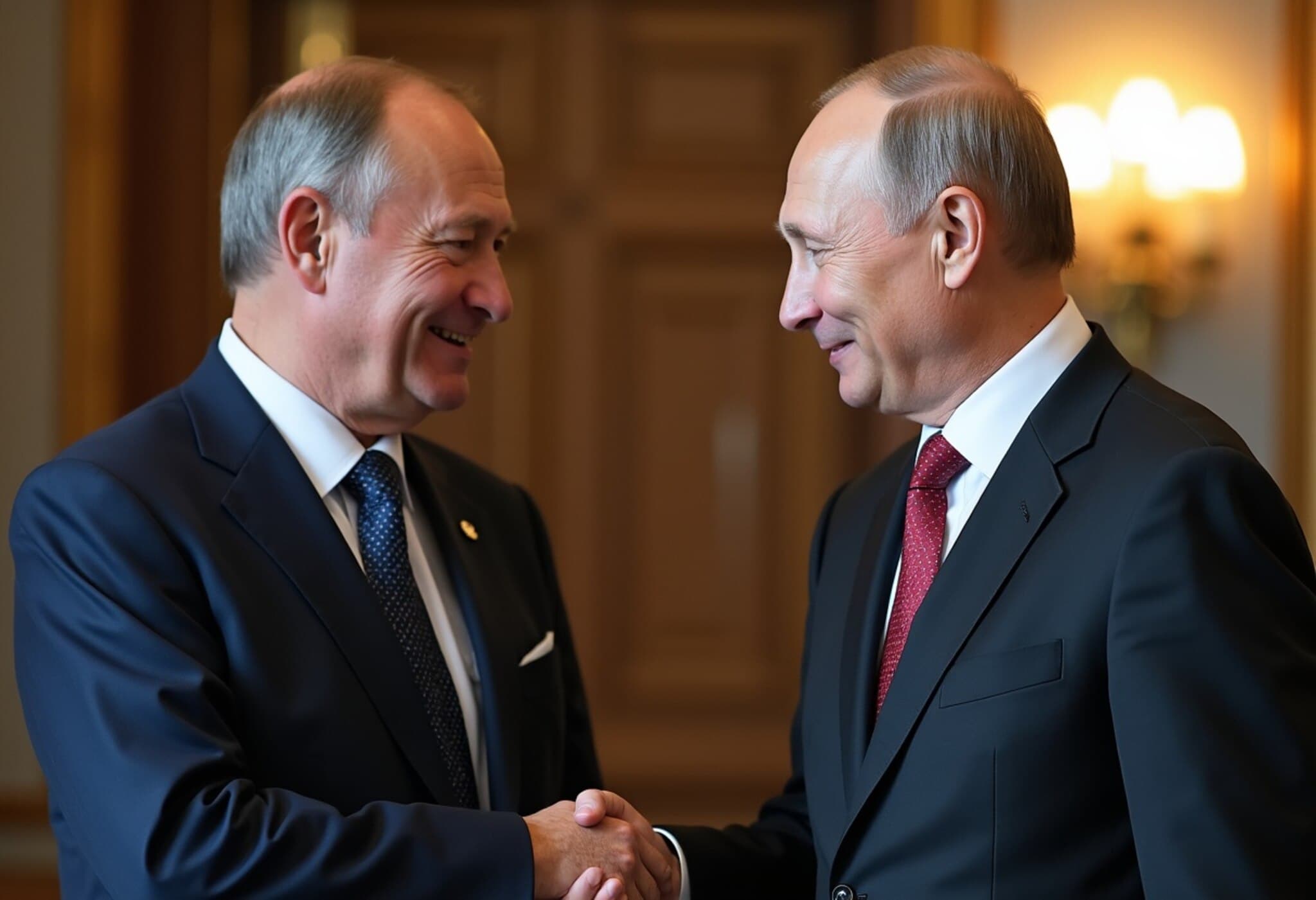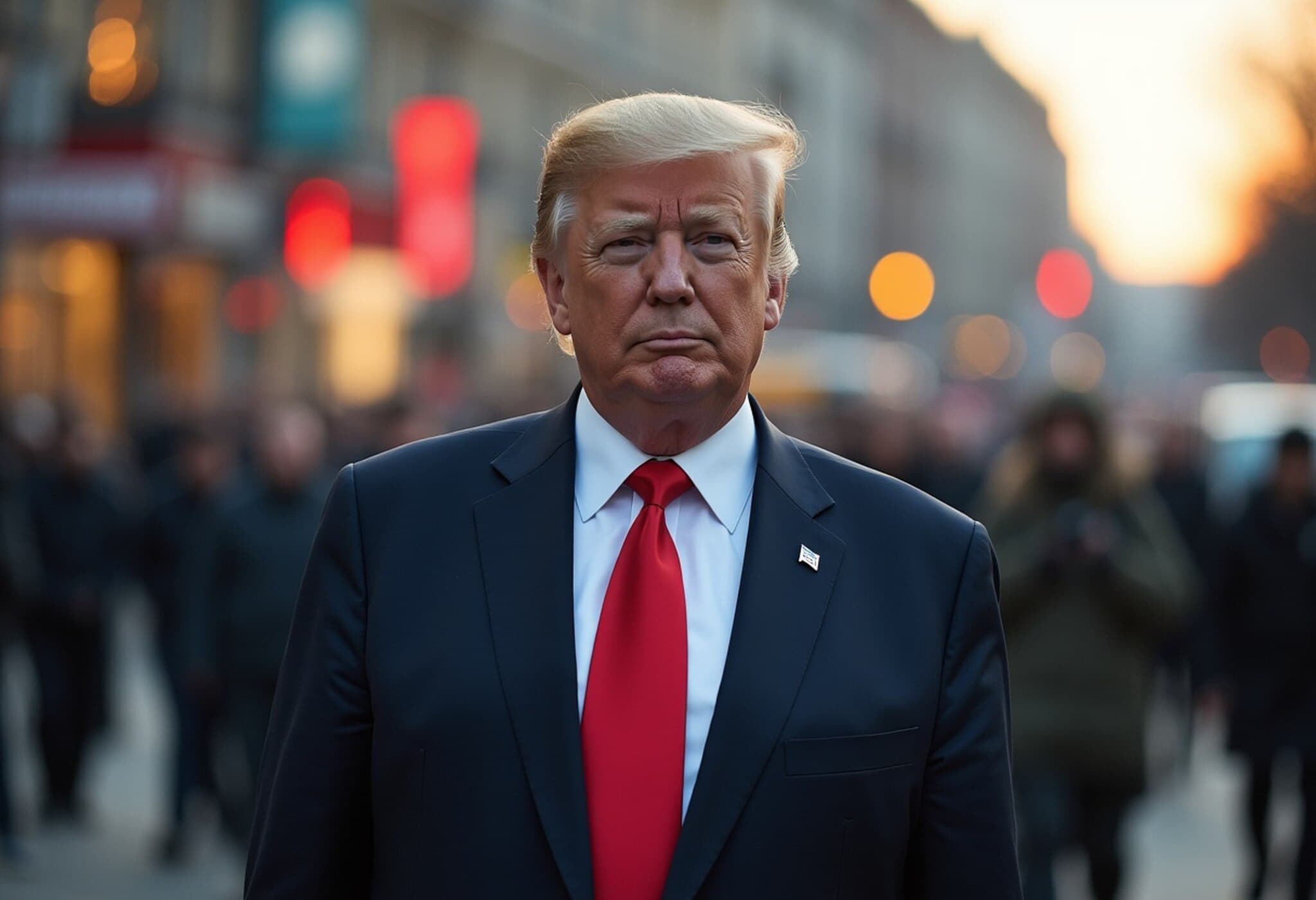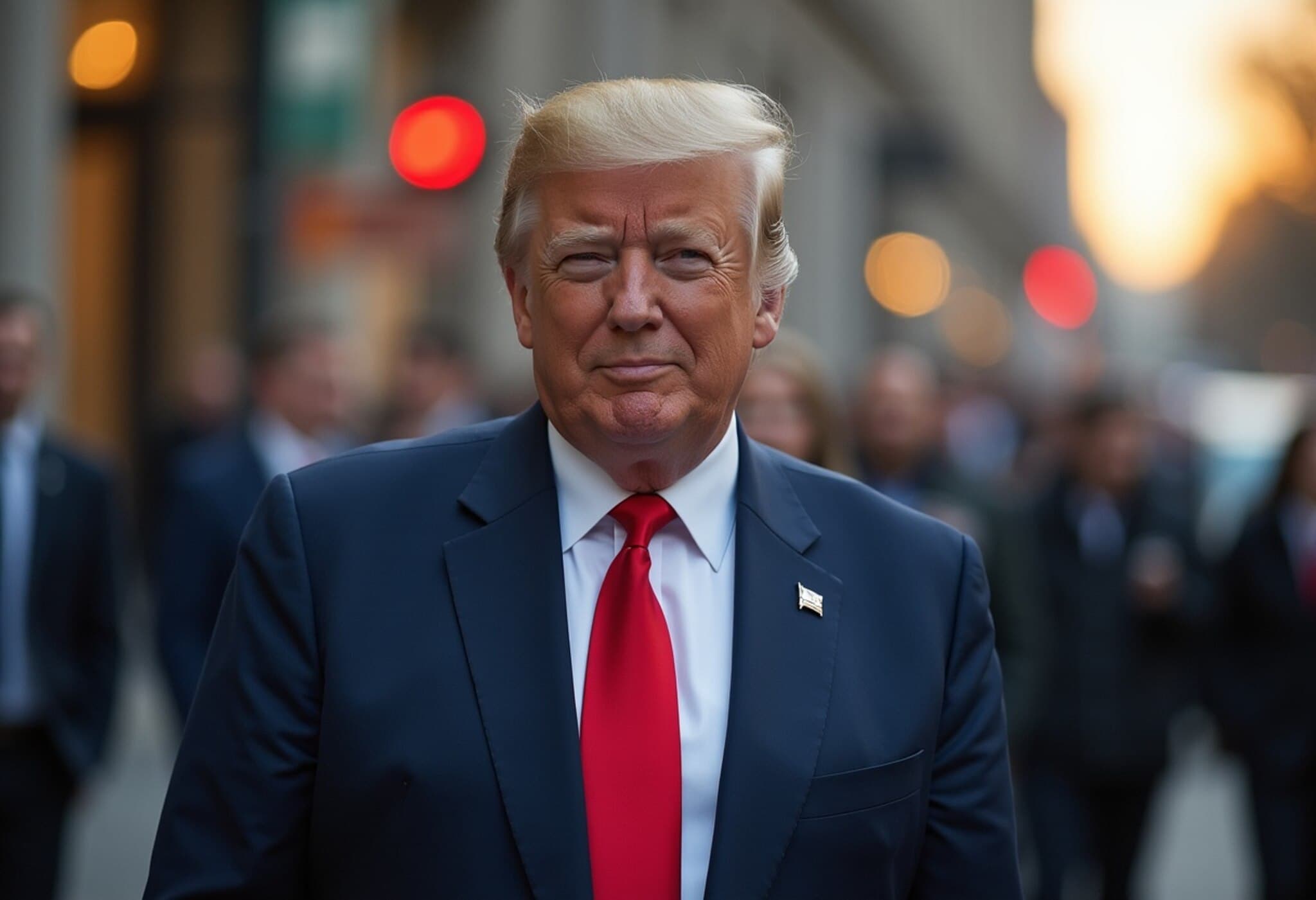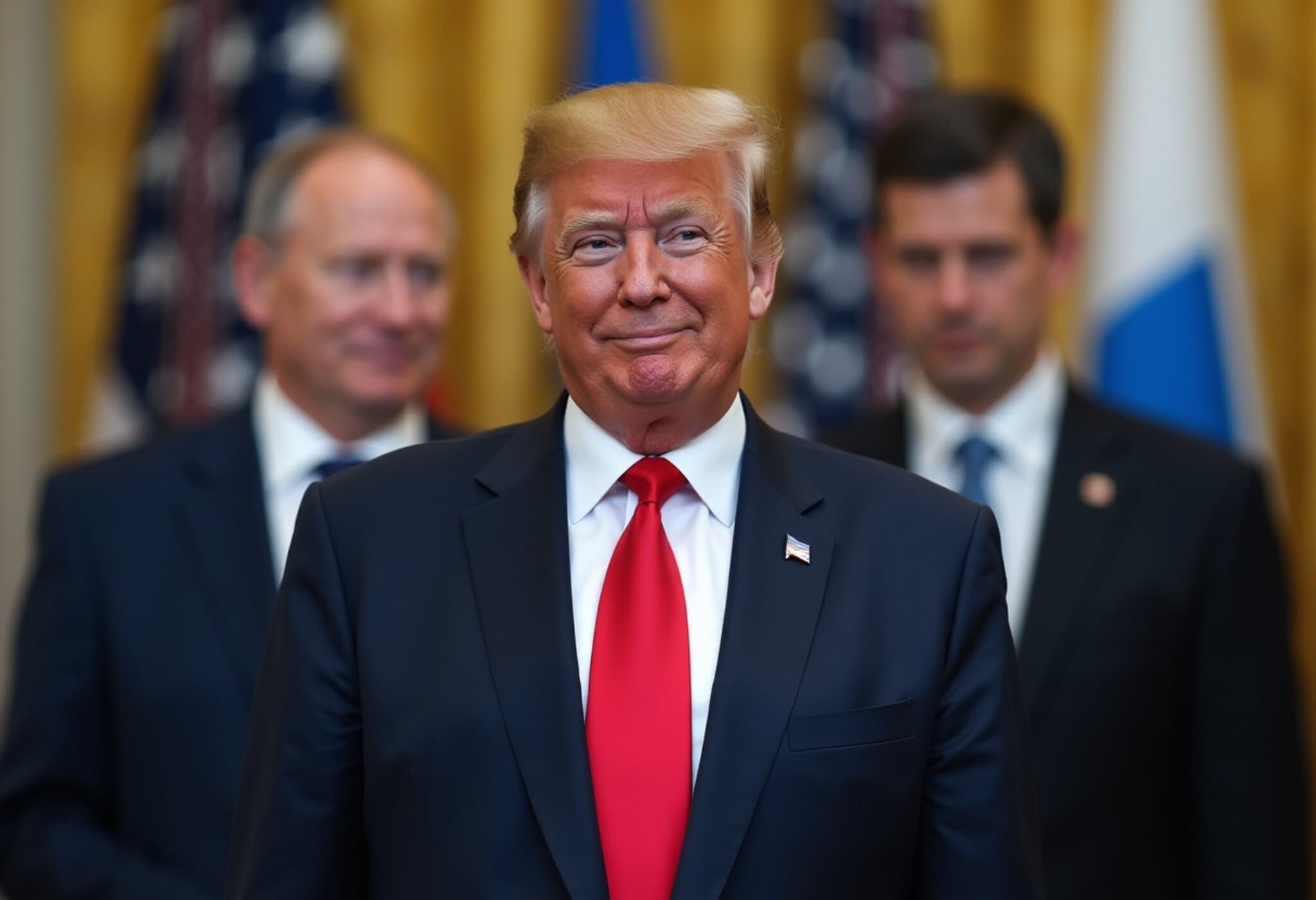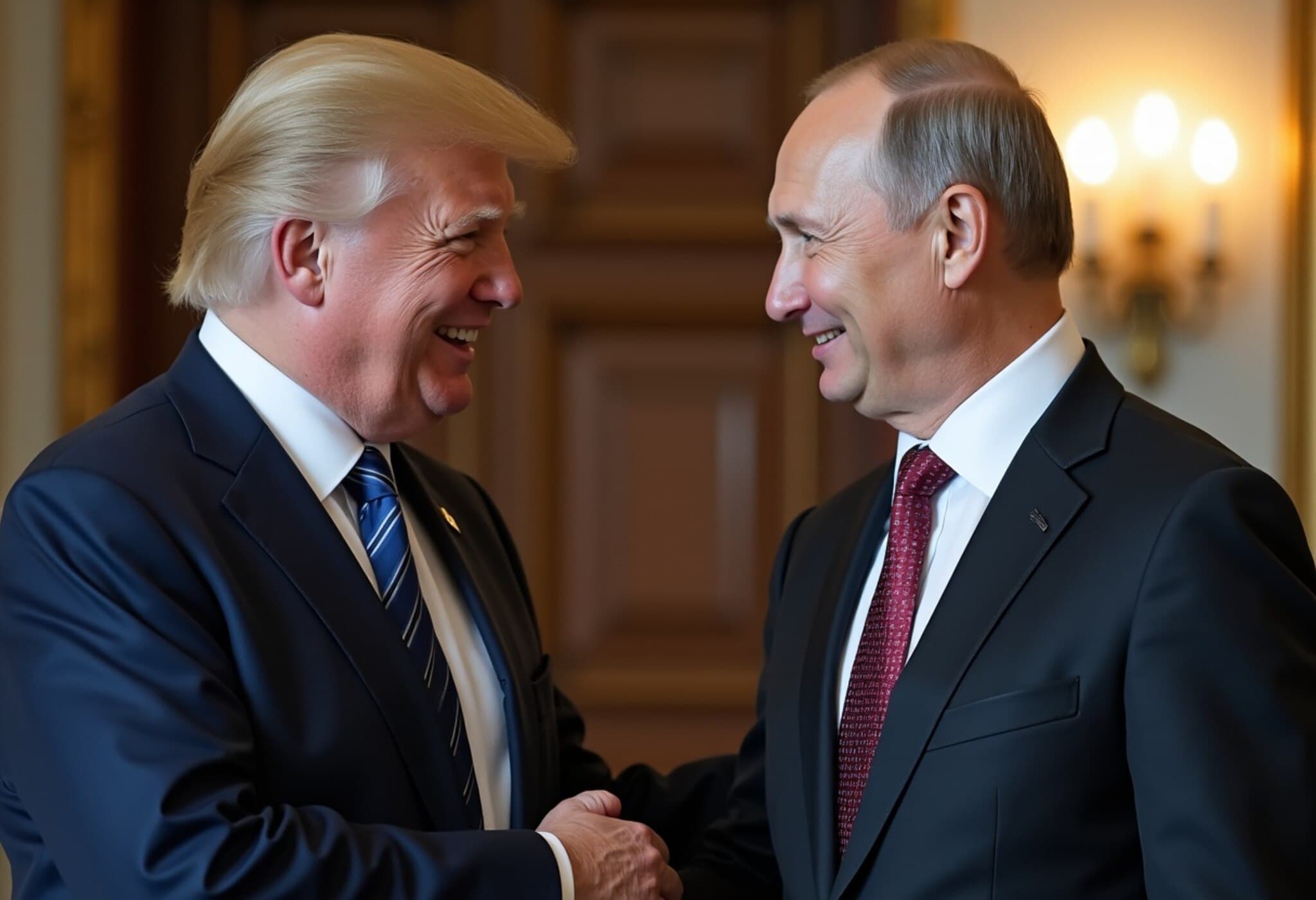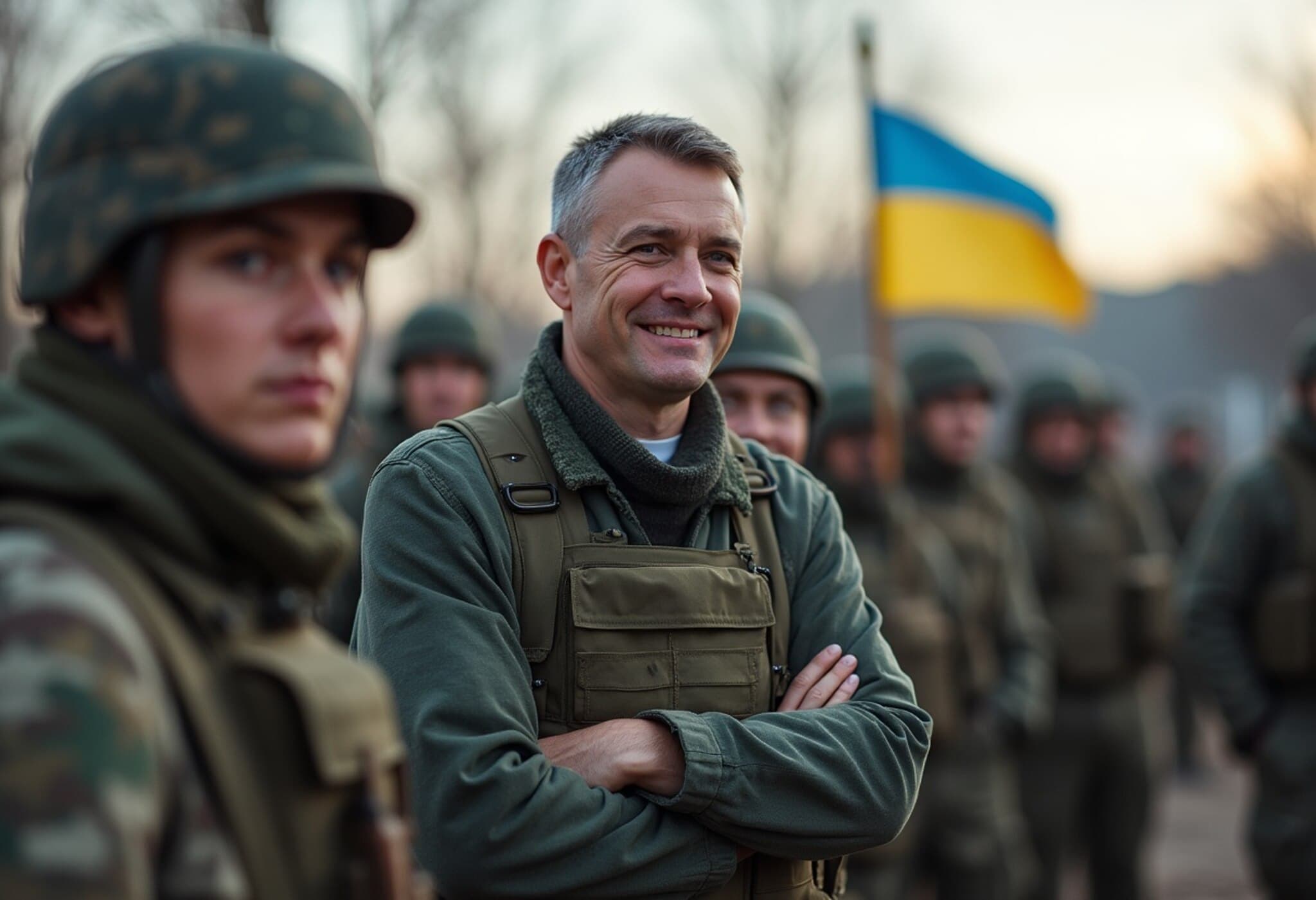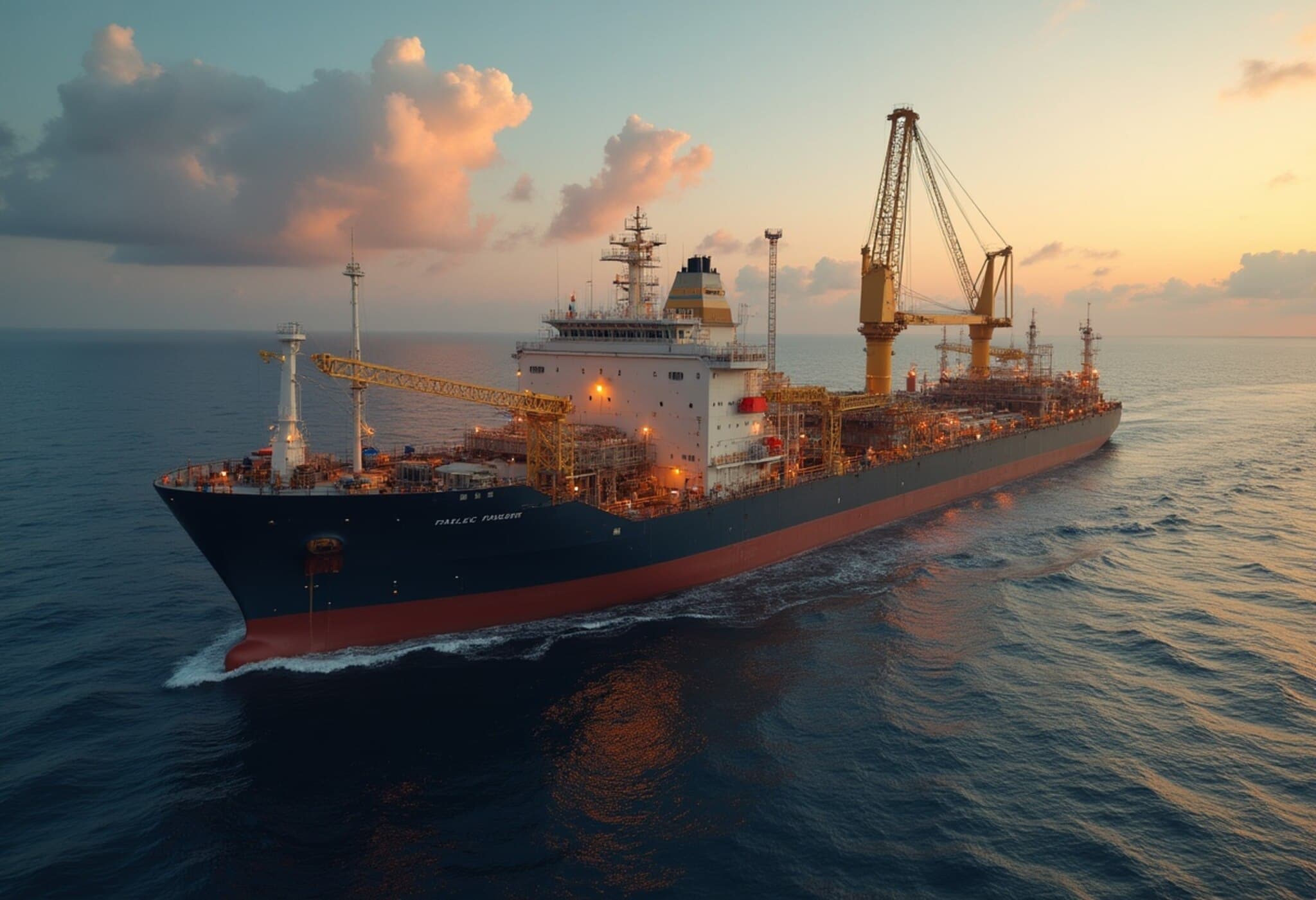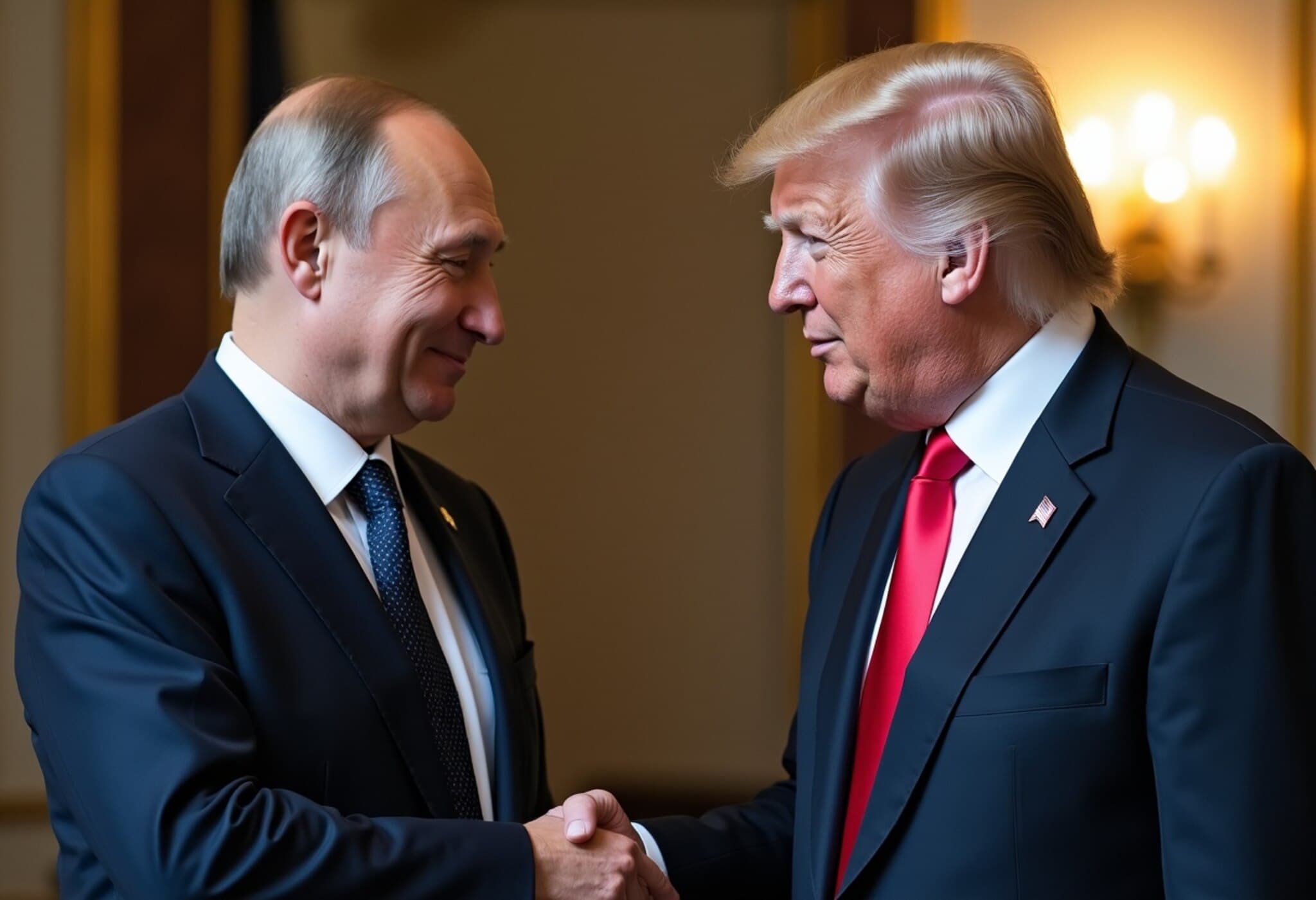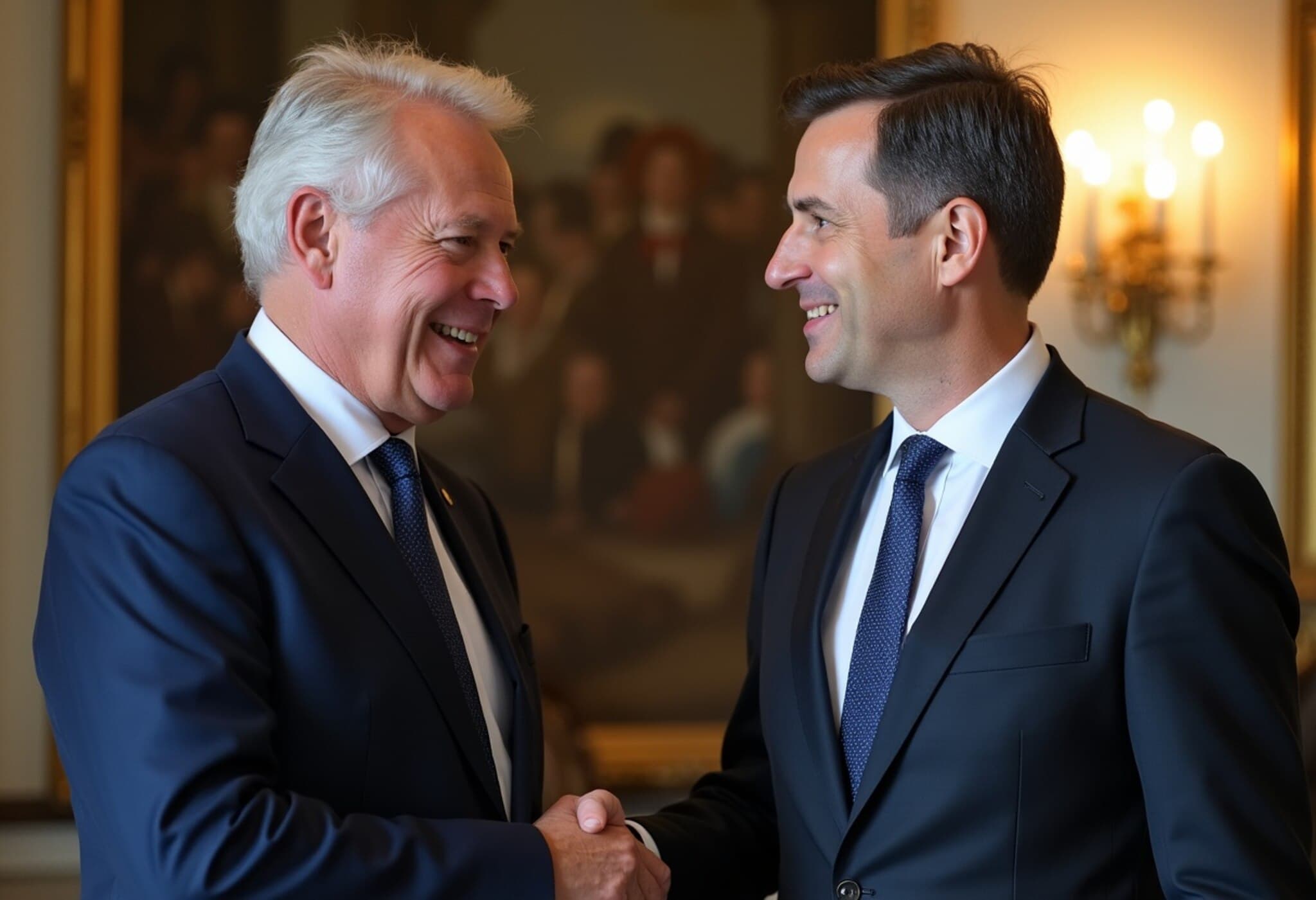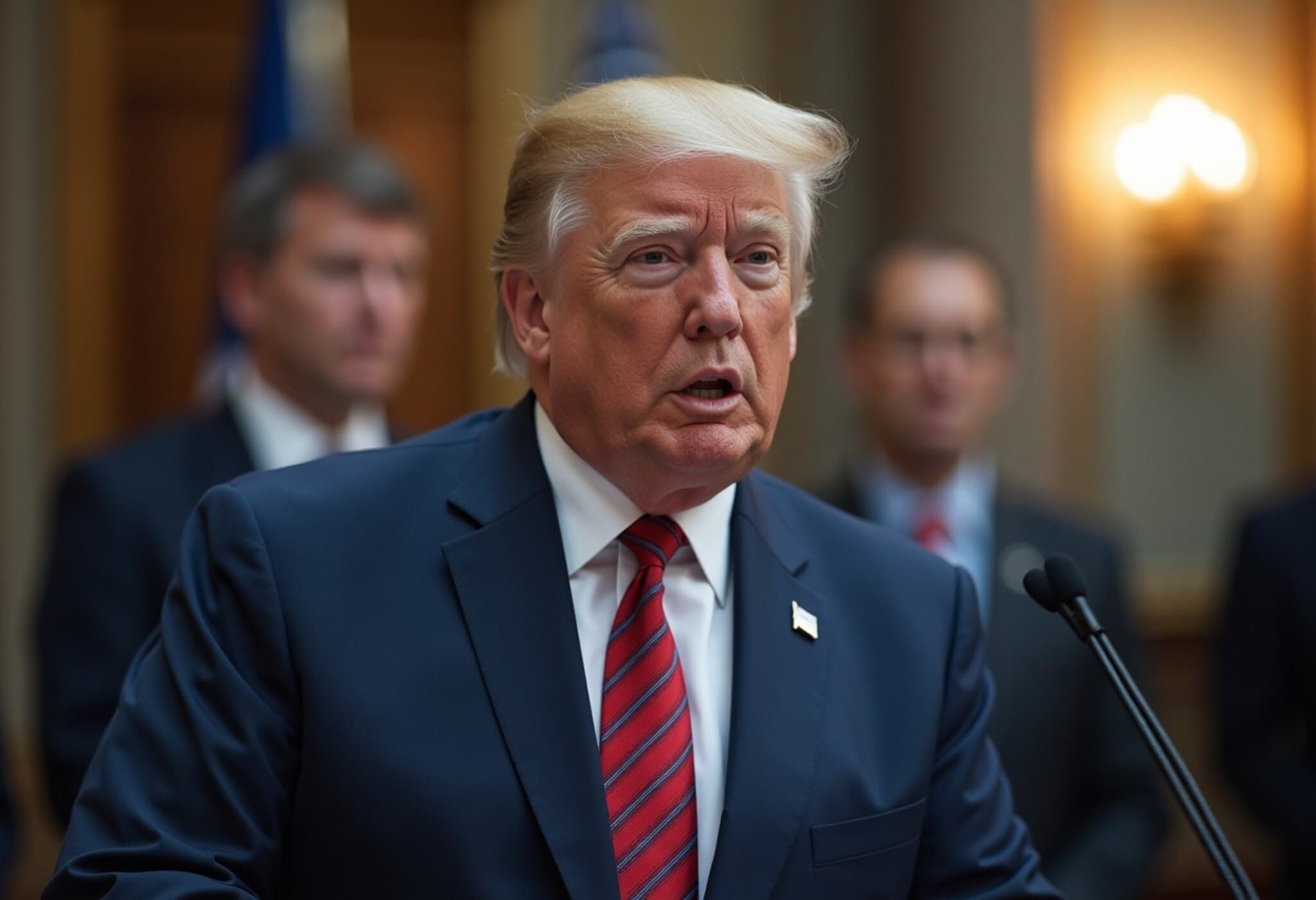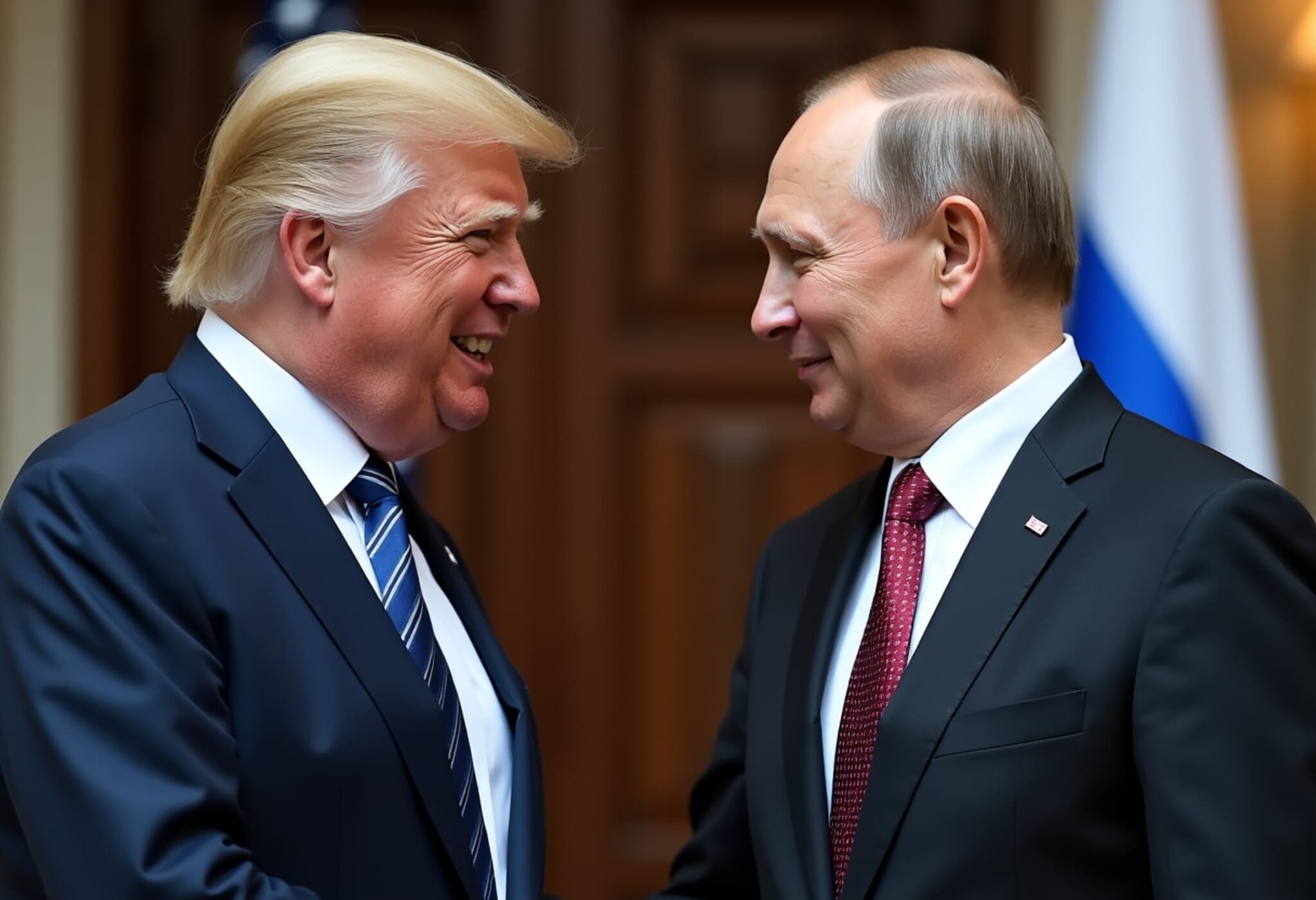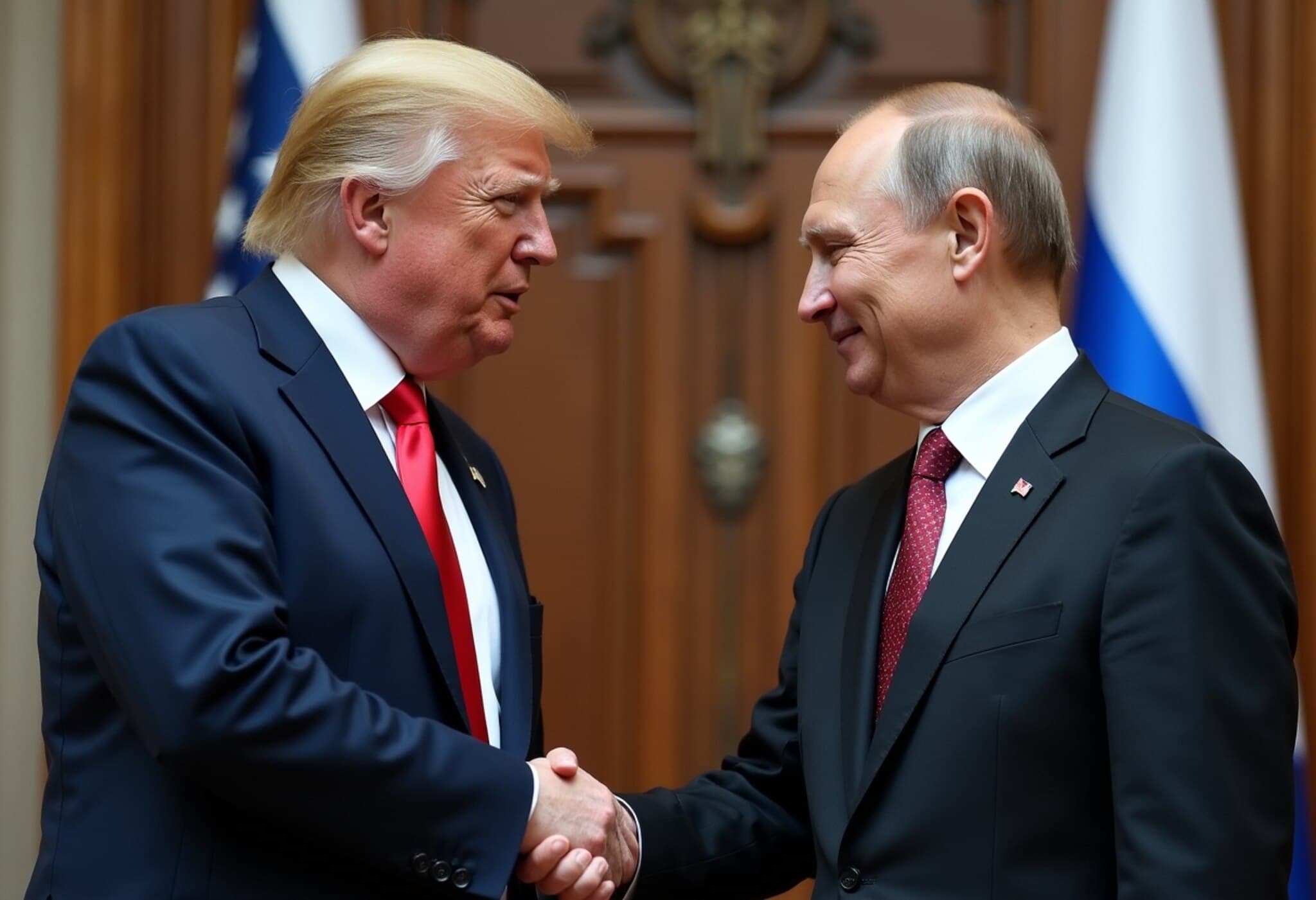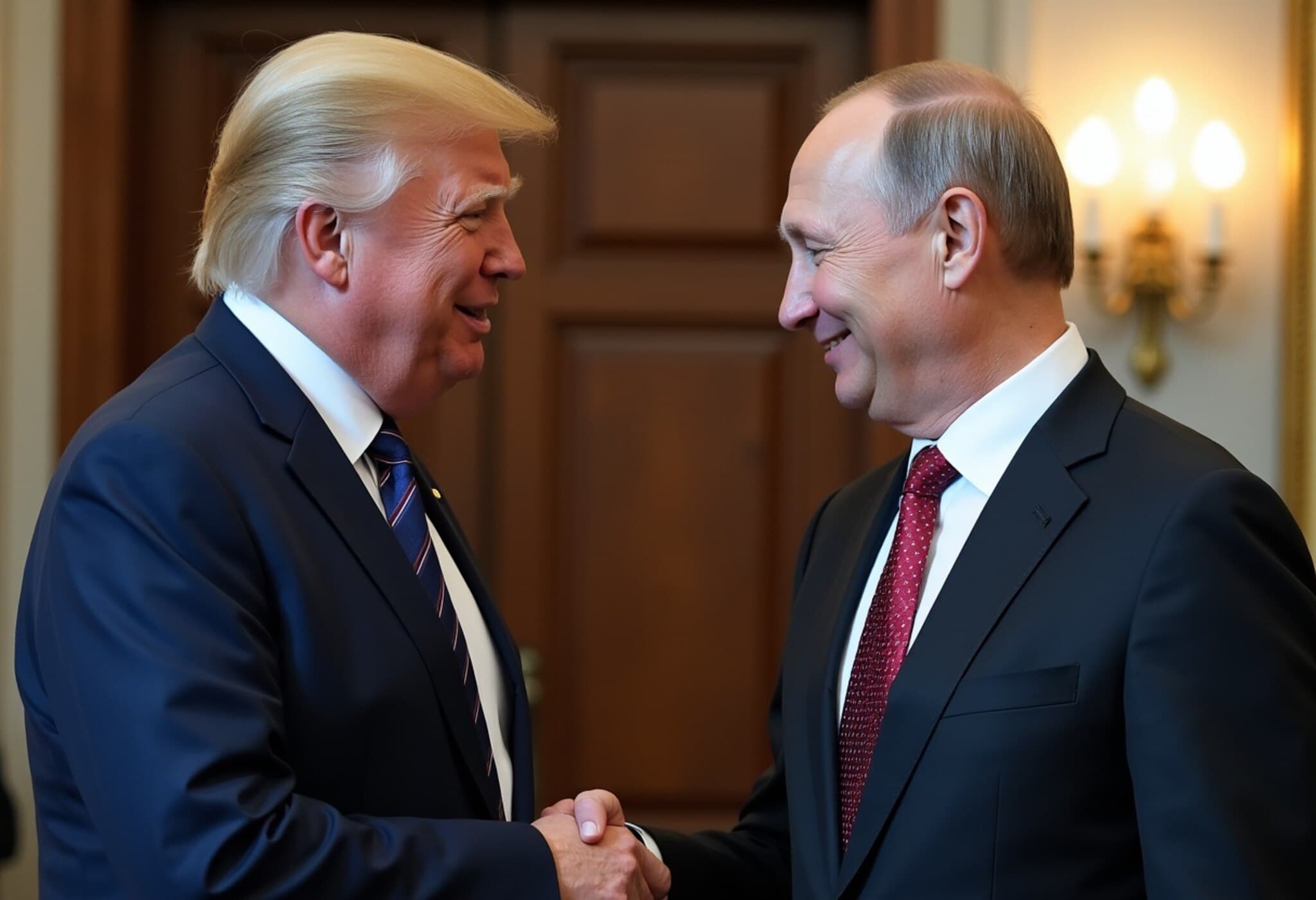US-Russia Diplomatic Talks Mark Positive Step Despite Imminent Sanctions
In a critical juncture marked by tension and cautious optimism, US President Donald Trump’s special envoy, Steve Witkoff, engaged in a three-hour meeting with Russian President Vladimir Putin in Moscow on Wednesday. The White House described these talks as “positive” and “highly productive,” signaling a potential diplomatic opening in the protracted Ukraine conflict. However, despite this apparent thaw in dialogue, a new tranche of secondary sanctions targeting Russia remains slated for release this Friday.
Strategic Diplomacy Balancing Pressure and Dialogue
While details of the Moscow discussions remain closely held, the White House framed the encounter within the scope of “strategic diplomacy” — an approach that seeks to exert continued financial and political pressure on the Kremlin while leaving the door open for meaningful negotiations. This dual strategy has become central to US policy amid Russia’s ongoing military aggression in Ukraine, which erupted in February 2022 and has since drawn sweeping global sanctions and diplomatic isolation.
A Message of Urgency and Caution from Washington
President Trump, who personally briefed select European allies following Witkoff’s meeting, expressed hope that “great progress was made,” emphasizing a collective consensus that the war “must come to a close.” His remarks underscore a growing recognition among international stakeholders that prolonged conflict threatens regional stability and economic interests worldwide.
Nevertheless, a senior White House official reiterated to Reuters that the expected sanction package would not be halted. “The Russians are eager to continue engaging with the United States. The secondary sanctions are still expected to be implemented on Friday,” the official noted, highlighting the complexity and delicacy of balancing diplomatic engagement with firm punitive measures.
The Broader Context: War in Ukraine’s Fourth Year
As the conflict enters its fourth year, the human and geopolitical costs have been staggering. Ukraine’s resilience and Russia’s persistent military campaign have created a stalemate with no clear end in sight. The international community, led prominently by the US and European allies, continues to grapple with how best to promote peace while punishing acts perceived as aggression and violations of international norms.
Expert Analysis: Navigating a Tightrope
Experts suggest that Witkoff’s talks reflect a nuanced US strategy of applying maximum pressure on Moscow to extract concessions while leaving negotiation channels open to avoid escalation or total breakdown of communication. Dr. Lisa Halpern, a foreign policy analyst at the Center for Strategic Studies, explains, “Sanctions and diplomacy aren’t mutually exclusive; they can act as twin levers to influence Kremlin behavior.” She adds that the upcoming sanctions might be calibrated to tighten economic constraints without completely severing diplomatic ties.
Critical Questions Moving Forward
- Will the sanctions be effective in pressuring Russia to the negotiation table? Previous rounds have had mixed impact, and Moscow’s economic resilience remains a key factor.
- Can diplomacy realistically achieve a ceasefire or peace in the near term? The complexity of on-ground realities in Ukraine challenges simplistic solutions.
- How will European allies respond to this US-led mixed approach of pressure and engagement? Maintaining alliance cohesion is crucial.
- What are the potential risks of escalating tensions if sanctions continue alongside talks? There is ongoing risk of miscalculations leading to further conflict.
Conclusion
Witkoff’s meeting with Putin represents a significant moment in a conflict marked by brutality and diplomatic deadlock. The juxtaposition of optimistic dialogue with the imposition of new sanctions illustrates the tightrope walked by policymakers striving to end a devastating war without abandoning leverage. For now, the world watches closely as Friday’s sanctions roll out, wondering whether this combination of pressure and outreach can finally pivot toward peace.
Editor’s Note
As this historic interplay between diplomacy and sanctions unfolds, it raises pressing questions for international relations and global security. How can sanctions be crafted to maximize diplomatic gains without alienating critical stakeholders? What lessons can be drawn from past enforcement to better align with evolving geopolitical realities? This story is far from over, and its outcome will have profound implications for the future of Ukraine, Russia, and the global balance of power.

